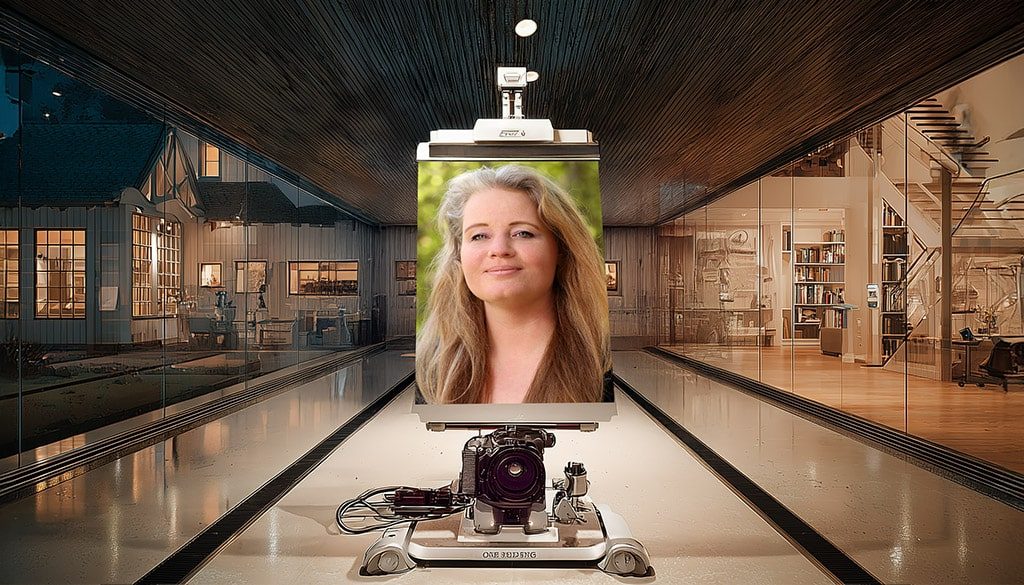STEM Heroine of the Month: Katharina Zweig
Katharina Anna Zweig is a German computer scientist, professor at the Rhineland-Palatinate University of Technology in Kaiserslautern-Landau (RPTU), and one of Germany's leading scientists in the field of artificial intelligence. Her focus is on the intersection of computer science and society.
She explains how algorithms work, where their limits lie, and how we can use technology fairly and responsibly. She is also known for her books, such as "An Algorithm Has No Sense of Tact" and "The Data I Called." She also contributed to the development of the socioinformatics degree program and advises policymakers on issues related to artificial intelligence.
Katharina Zweig is a great role model for young women.
- It shows that computer science is not just programming, but is directly related to people and social issues.
- She can explain complex topics in an understandable way and involves everyone, even those with no prior knowledge.
- It stands for responsibility in technology: not everything that is feasible is automatically sensible.
- It is visible in the media, teaching and research and encourages people to go their own way.
- It creates access, for example through socioinformatics, and thus opens new doors for STEM interests.
If I understand her correctly, her tips are something like this:
- Start with a question, not with perfection. What do you want to use technology for?
- Learn programming step by step. Small projects make concepts tangible.
- Understand data as stories. Ask about origin, quality, and context.
- Think interdisciplinary. Combine computer science with topics such as medicine, the environment, or society.
- Practice recognizing the limitations of algorithms. Not everything can be automated.
- Talk about ethics early and openly. Technology should be fair, transparent, and humane.
- Seek community. Learning teams, local groups, and online communities provide support
- Document what you learn. A simple portfolio showcases your path and your strengths.
- Practice explaining. If you speak clearly, you understand better and engage others.
- Be patient with yourself. Mistakes are feedback and part of the learning process.
- Look for role models and mentors. Orientation shortens detours
- Choose projects with impact. It's motivating when your code improves people's lives.
Hey Katharina Zweig: Computer science is so exciting when it makes people's lives better.
Many thanks and kind regards
Amanda
🌸
Left
Katharina Zweig was submitted to our campaign "We're looking for 100 cool women and girls in science – who are active today." We launched this campaign because we realized that we know fewer "living, cool female scientists" than we thought.
Photo: Collage Midjourney and portrait photo by Thomas Koziel



